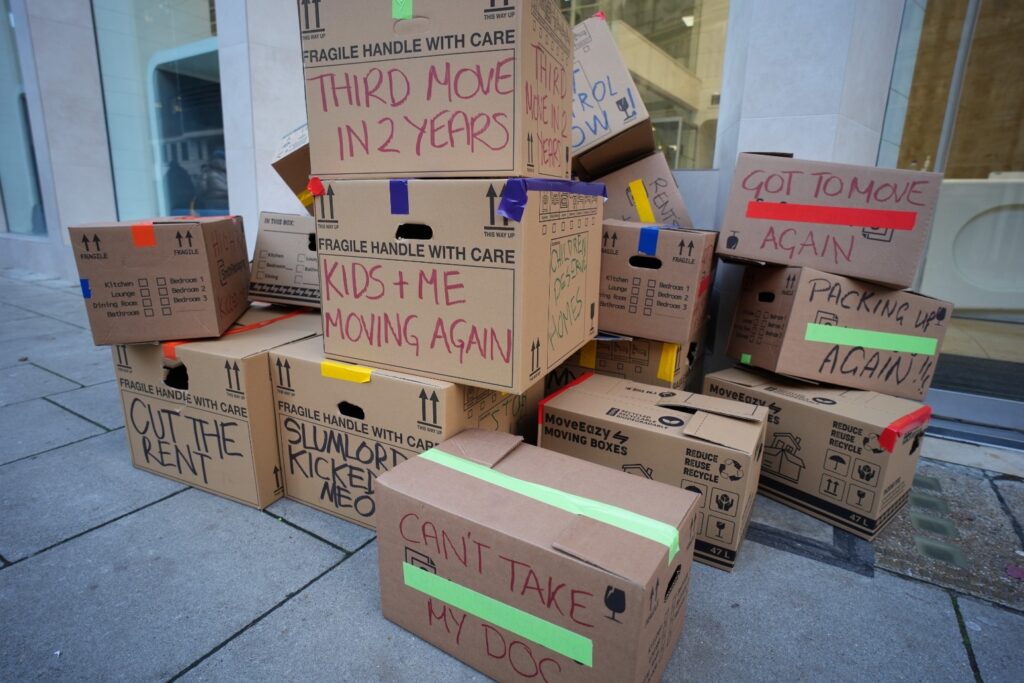This website uses cookies so that we can provide you with the best user experience possible. Cookie information is stored in your browser and performs functions such as recognising you when you return to our website and helping our team to understand which sections of the website you find most interesting and useful.
PM expected to limit new 20mph zones reports
29/09/2023
-195a00.jpg)
Rishi Sunak is preparing to curb English councils from introducing new 20mph speed limits, according to reports.
The Prime Minister will unveil the measure as part of a Plan for Motorists at the upcoming Tory conference in Manchester, according to several newspapers.
He is reportedly planning to limit the power of local authorities to impose new 20mph zones, restrict the number of hours a day that cars are banned from bus lanes, and scale back low-traffic neighbourhoods (LTNs).
The Guardian reported that the plan also involves reducing the ability of local authorities to impose fines from traffic infractions such as the misuse of yellow box junctions.
In July, Mr Sunak pledged to crack down on “anti-motorist” policies.
This came after the Uxbridge and South Ruislip by-election, where the Tories held the seat in a campaign dominated by the row over London’s ultra low emission zone (Ulez) expansion.
Earlier this month the Prime Minister delayed the ban on the sale of new conventionally-fuelled cars and vans from 2030 to 2035.
A Department for Transport (DfT) source described the reports of new measures aimed at helping drivers as “speculation”.
Downing Street was approached for a comment.
Sarah Mitchell, chief executive of charity Cycling UK, said: “When Beeching took an axe to local railways in the 1960s, we were robbed of the freedom to choose how we travel. The Government’s reported Plan for Motorists feels like history repeating itself.
“We need a holistic plan for how people can travel – not a plan that zooms in on one particular mode of transport.
“Better public transport and safer ways for people to cycle and walk are entirely compatible with driving.
“Focusing on one way of travelling is like trying to complete a jigsaw with half the pieces missing.”
IAM RoadSmart director of policy Nicholas Lyes said: “It’s clear 20mph limits have a role to play in improving road safety, but the proliferation of blanket limits without physical changes to road layouts means compliance is often poor.
“For the most part, drivers support targeted 20mph limits in high-risk locations and local authorities are usually best placed to judge the location of these.
“There is an argument, however, to strengthen guidance on how we make these limits more effective.”
Tory MP for South Cambridgeshire Anthony Browne called for more “pragmatism” in policies that affect drivers.
He told BBC Radio 4’s Today programme: “There is obviously a case for low traffic speeds outside schools, for example, when children are playing, or in market squares.
“But if you go where Wales has gone where it’s become the default position, 20mph, then that is basically a punitive thing against motorists.”
He added: “It is absolutely true that there is a mood, certainly I think particularly on the left, to try and stop people driving as much as possible, to get them out of their cars.
“They see driving as a bad thing.”
Earlier this month, Wales became the first country in the UK to drop the default speed limit from 30mph to 20mph for restricted roads.
It is predicting the change will save up to 100 lives and 20,000 casualties in the first decade.
First Minister Mark Drakeford said there is “incontrovertible” evidence that “driving more slowly in built-up urban areas saves people’s lives”.
A DfT-commissioned study published in November 2018 found 20mph limits in residential areas were supported by the majority of residents and drivers.
The research stated that cutting limits from 30mph to 20mph resulted in a reduction in average speed of less than 1mph, but vehicles travelling faster before the change generally lowered their speed more than slower vehicles.
The report concluded there was no evidence of a significant drop in the number of crashes and casualties following the introduction of 20mph limits.
Published: by Radio NewsHub



